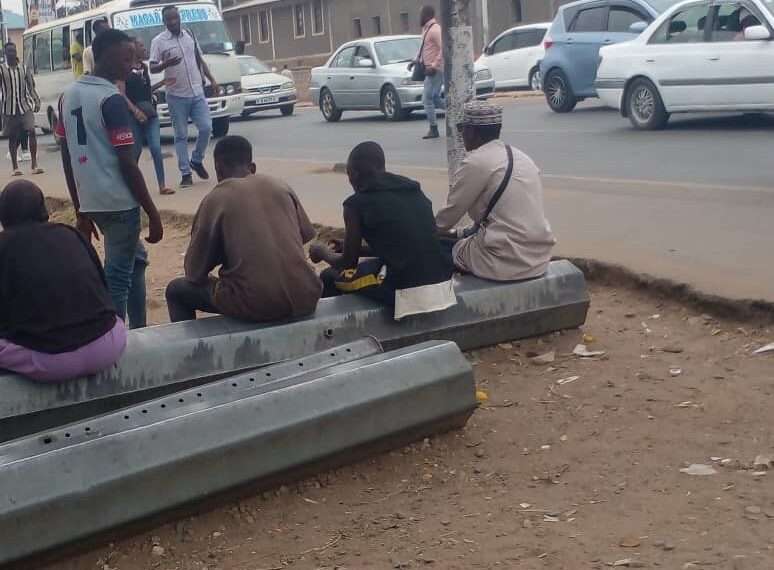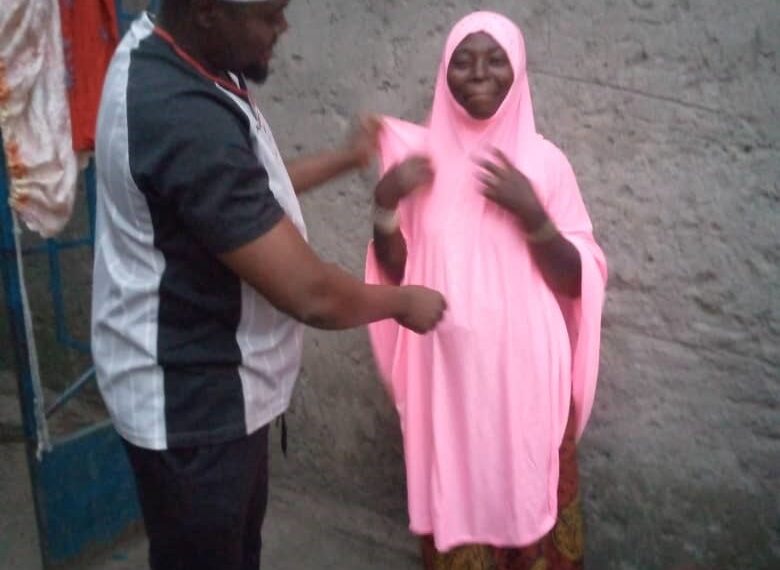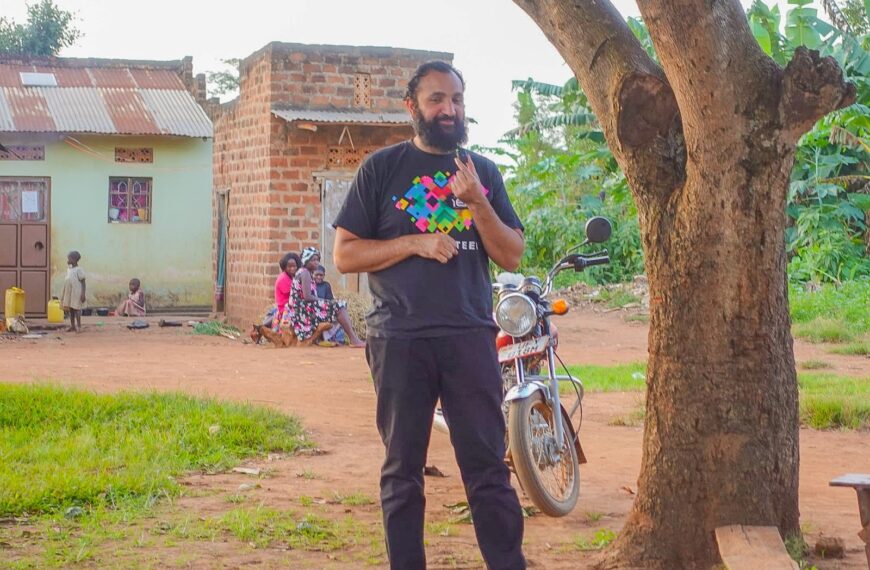For a long time, Diana carried a troubling question in her heart: Why don’t we often see Muslim women in mosques like the men? To her, it seemed as though Islam denied women the right to participate fully in spiritual life.
This absence painted a picture of a faith that marginalized women, that silenced their voices in places of worship, and that perhaps even barred them from knowing their Creator.
This perception stirred unease in Diana’s heart. She felt frustrated and disheartened, believing that Islam—though often spoken about with reverence—did not honor the spiritual needs and rights of women. These misunderstandings created a wall between her and the deeper truths of the religion.
But everything began to change when she encountered the outreach team from iERA. With patience, warmth, and wisdom, the du’aat gently addressed her questions. They did not dismiss her concerns. Instead, they explained the Islamic teachings with clarity, grounding every answer in evidence and compassion.
They revealed to Diana that women in Islam are not sidelined spiritually; they are fully acknowledged as individuals with the same capacity for faith, devotion, and closeness to God as men. They taught her that while men are encouraged to attend congregational prayers in the mosque, women are given a beautiful concession: the choice to pray at home with equal—if not greater—reward.
This provision isn’t rooted in exclusion, but in consideration. It reflects Islam’s wisdom and mercy in recognizing the unique responsibilities and circumstances women often carry, particularly in their roles within the family and community.
As the iERA team shared these insights, Diana felt her heart soften and her doubts begin to dissolve. The heavy misconceptions that once clouded her understanding were lifted, and in their place came clarity, joy, and peace. She saw, for the first time, the deep honor and flexibility Islam affords women, not as a burden but as a mercy.
With newfound love and reverence for the faith, Diana embraced Islam. It was not just an intellectual decision—it was an emotional awakening, a spiritual homecoming. She felt empowered by the truth and grateful for the guidance that led her to it.
Now, Diana speaks with the passion of someone who has emerged from confusion into light. She encourages the iERA team to continue their work, knowing that there are many others who, like she once did, carry questions, doubts, and misconceptions. Her journey is a testament to the transformative power of authentic knowledge and sincere outreach.
Diana’s story is not only one of discovery—it is a reminder that Islam’s beauty often becomes most evident when seen through the lens of truth, not assumption.





